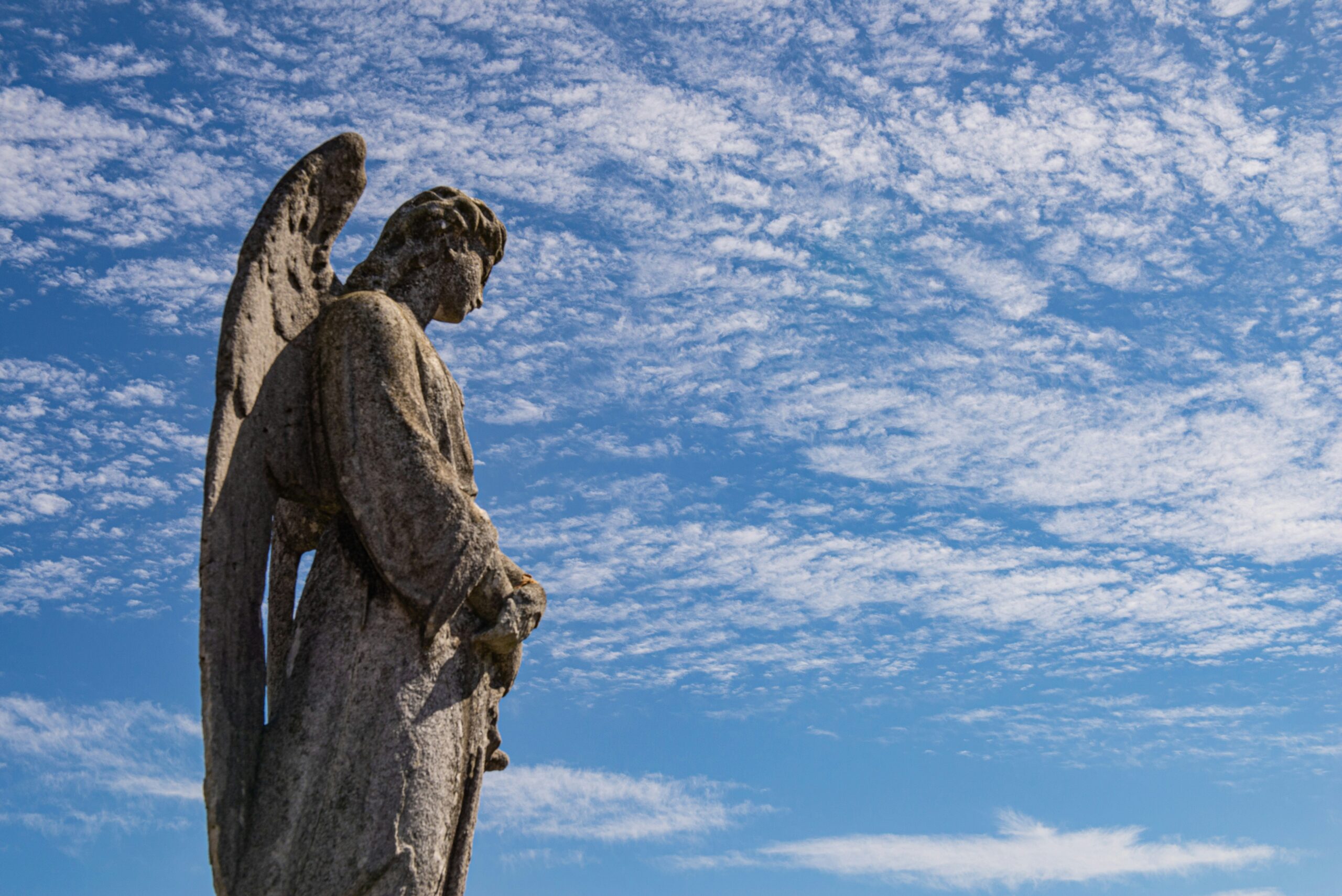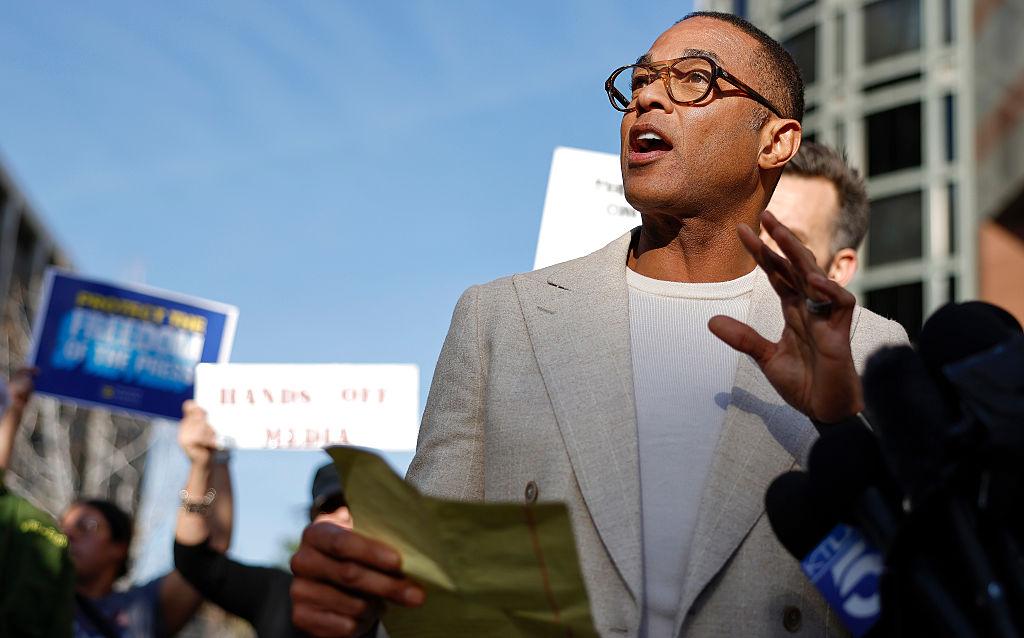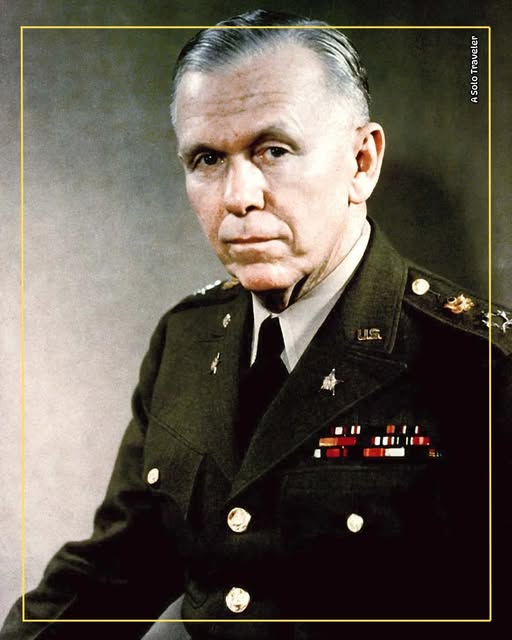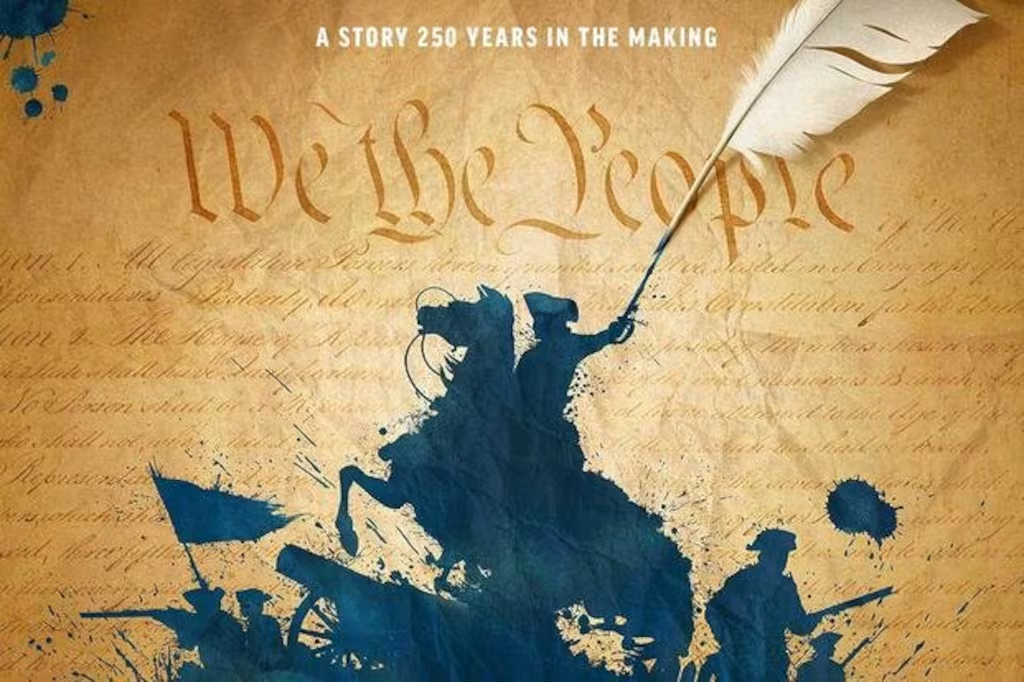
When terrorists Syed Farook and Tashfeen Malik were killed by police after they attacked and killed 14 co-workers in San Bernardino, California, the FBI immediately began examining their cell phones to determine if the husband and wife had any connections to ISIS or other terrorists.
Certainly, not unreasonable.
Authorities frequently search personal belongings – computers, laptops, phones, etc. – of known criminals in an effort to gain as much information about their behavior and other connections that may prove valuable to potential future criminal or terrorist activity.
However, on Tuesday, a California federal judge ordered Apple to help the F.B.I. unlock the phone used by Syed Farook. iPhones carry an option that only allows ten attempts to unlock the device via pass code before deleting all information stored on the phone. Needless to say, the F.B.I. is very interested in any information on Farook’s phone that may lead to other terrorists or plots. F.B.I. experts have been unable to unlock the device and went to court to force Apple to comply with their request.
The issue comes down to a conflict between respecting the privacy of individuals vs. responsibility for the potential safety and security of others.
According to a story in The New York Times (Feb. 16), “The Justice Department had secured a search warrant for the phone, which is owned by Mr. Farook’s former employer, the San Bernardino County Department of Public Health. But prosecutors said they saw little choice but to seek the additional order compelling Apple’s assistance.
“In an unusually detailed directive, Magistrate Judge Sheri Pym of the Federal District Court for the District of Central California ordered Apple to provide ‘reasonable technical assistance’ to the F.B.I. in unlocking the phone. That assistance should allow investigators to ‘bypass or erase the auto-erase function’ on the phone, among other steps, she wrote.”
However, Apple CEO, Tim Cook, sees things differently. In a public statement to Apple customers, Cook said, “For many years, we have used encryption to protect our customers’ personal data because we believe it’s the only way to keep their information safe. We have even put that data out of our own reach, because we believe the contents of your iPhone are none of our business.
“While we believe the FBI’s intentions are good,” Cook adds, “it would be wrong for the government to force us to build a backdoor into our products. And ultimately, we fear that this demand would undermine the very freedoms and liberty our government is meant to protect.”
F.B.I. Director James B. Comey “has been at odds with Apple and other technology companies for months over whether they should provide de-encryption technology for their products,” The Times writes. “Without it, he has argued, the bureau is at risk of ‘going dark’ in its investigations. The Democratic presidential candidate Hillary Clinton and most of the Republican hopefuls support Mr. Comey’s stance.”
Apple argues that the development of such a software program would create a vulnerability that would not only potentially allow government access to any device but would also open the door to Russian, Chinese, Iranian and North Korean hackers.
From an ethical standpoint, it’s a difficult issue and there are no easy answers.
However, USA Today writes (Feb. 18) that requiring Apple to comply with the court order “would require Apple to write a new version of the phone’s operating system to be installed on Farook’s phone that would circumvent the security features…
“The FBI can’t do it themselves because to put new software on an Apple device, it must be digitally signed with a special key that only Apple knows. Without that digital key, the phone would reject the software.”
My question for Cook: If there’s already a special key that only Apple knows, why can’t you keep the un-locking program secret, as well?
The F.B.I. is making clear the fact that they are not interested in obtaining a program that can be used on all phones, only Farook’s.
While Apple has stated that it is willing to take the case all the way to the Supreme Court, I believe that in the short run, they will lose. In this specific case, responsibility trumps personal privacy.
In the long run, however, there must be a middle course that will serve to protect the safety and welfare of citizens, yet guard individual privacy. That middle ground can only come about if the F.B.I., Apple and all tech companies sit down and discuss and collaborate on options.
While I am a steadfast believer in personal privacy, that privacy, however, should not come at the cost to our collective security.
Apple’s tagline is Think Different. It’s time for Apple and all tech companies to do just that.
Comments
Leave a Comment











I wish to clarify my comments as my first sentence, above, can easily be misinterpreted.
I am proud and delighted that Jim stood up for the greater good, the National Interest and you and I, as the security of the homeland is more important than a single iPhone, which was used by a pair of murderers who were radical Islamic terrorists, killing 14 and terribly wounding 22 others. Apple will only dig in harder, but it and their Silicon Valley buddies who are supporting them are acting against our nation’s very existence, and honestly, their own.
I was hoping you would come out on the side of collective national security and common sense. The San Bernadino terrorists KILLED 14 innocent people and grieviously wounded 22 more, for life. They represent the force which America must wake up and destroy before it becomes stadiums, malls and then cities.
James Comey, FBI director, has stated that since 2013 Farook and Malik had been “in contact with foreign terrorist organizations.” One reason Apple iPhones are used is because they are particularly secure from hacking. It is one thing to believe that waterboarding to learn details about an ISIS plan to Sarin gas or Nuke the New York subways is wrong (I disagree), but failure to investigate an inanimate object that could reveal extensive future national and overseas dangers is immoral and criminal.
Apple is basing their refusal to cooperate on their Bottom Line, which is MONEY. They are well-aware that their tight security is a major selling point. So, we are talking Billions in dollars, and possibly thousands of lives. Which do YOU value most?